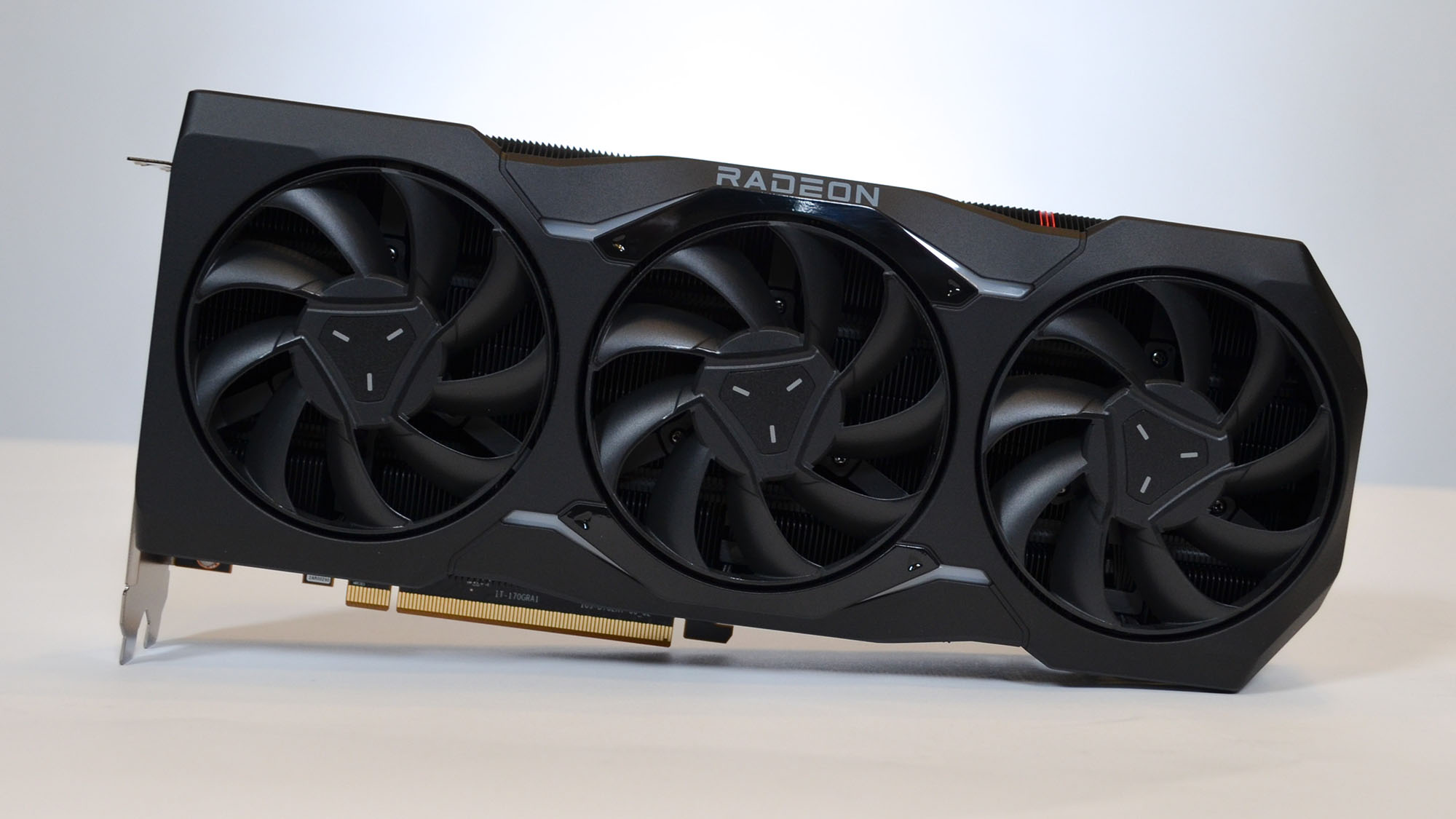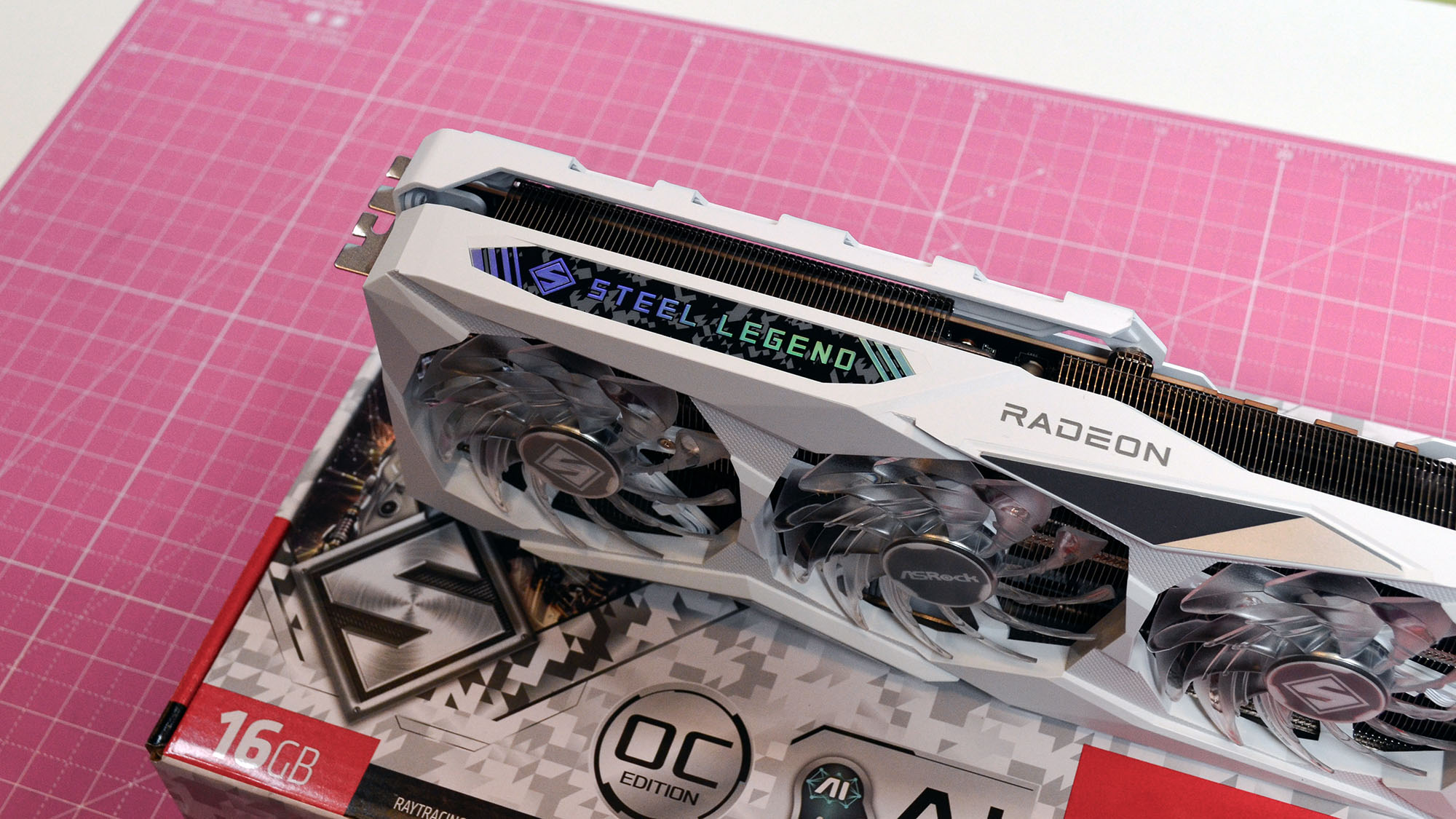Latest performance rumor around AMD’s RDNA 4 GPUs could worry you – but we think there’s no need to panic
RDNA 5 is what AMD is really focused on – but Team Red will still have to make RDNA 4 GPUs work

Sign up for breaking news, reviews, opinion, top tech deals, and more.
You are now subscribed
Your newsletter sign-up was successful
AMD’s next-gen graphics cards, which will logically be sold as RX 8000 models, could be mostly about correcting issues with existing RDNA 3 GPUs, and not taking that much of a step forward performance-wise.
This idea originates from a leaker we’ve not heard from for some time, Wjm47196, who has surfaced again in the Chiphell forums (via Wccftech) with chatter around the next-gen RDNA 4 GPUs (and RDNA 5 to boot).
Bearing firmly in mind possible issues around the translation from Chinese, and the fact that this is just a rumor anyway, we’re told that RDNA 4 is just a “bug fix” and that these graphics cards are “similar to RDNA 3.”
This means that with next-gen RDNA 4, AMD is mostly addressing the issues around RDNA 3 performance – which have been well-documented in terms of speculation, anyway – rather than moving forward with a whole new approach for its Radeon graphics cards.
The new architecture and “clean sheet design” as the leaker puts it is happening with RDNA 5, and this may even come with some kind of name change, we’re told, although Wjm47196 admits they aren’t sure on that score.
As for RDNA 4 performance, the leaker believes that the top next-gen AMD graphics card should be comparable to the RX 7900 XT.
That echoes what we’ve heard before – though we are expecting something a touch peppier than the 7900 XT, perhaps (well, fingers crossed). Of course, this underlines the long-standing rumor that RDNA 4 is going to top out at the mid-range, with flagship performance being at that level.
Sign up for breaking news, reviews, opinion, top tech deals, and more.
While that means overall performance won’t be any better than AMD’s current-gen GPUs – in fact, it’ll likely be a touch worse, falling short of the 7900 XTX – what will improve is ray tracing performance.

Analysis: The possible good news about the potential bad news
True, the talk about RDNA 4 graphics cards being mainly about smoothing over RDNA 3’s issues does rather lower expectations for these next-gen products, as does the suggested performance level here. In fact, though, it’s only talking things down slightly from what has already been spinning out from the rumor mill.
We know they won’t be a huge step forward, and we know that RX 8000 will top out at the mid-range, around the RX 7900 XT ballpark performance-wise (assuming all the rumors out there aren’t terribly wrong somehow – unlikely).
Yes, talk of RDNA 4 being just a ‘bug fix’ may seem worrying in terms of a lack of advancement, but in some ways, it might not be a bad thing. Mainly because AMD will need to make these next-gen mid-range GPUs compelling, and it sounds like the strategy for doing that will be ensuring they’re more stable and reliable – which is good, of course – and pepping up ray tracing.
That’s not enough? Well, this is why even that could be viewed as a positive aspect, because AMD will then need to pique interest in these GPUs in another way, and the obvious route to do that will be pricing.
If Nvidia has the big guns of Blackwell (maybe the RTX 5090 and 5080 later this year), then AMD will have to wave the white flag as far as the battle of GPU powerhouses goes, but can still attack on the value proposition front. Correction: it must attack on the value front, for the next-gen Radeon range to make sense and get these cards on our list of the best GPUs.
And that could be the best news ever in some ways – mid-range GPUs that are looking truly affordable, which let’s face it, they still aren’t with current-gen graphics cards (even if we are seeing some decent price reductions in this territory of late). Indeed, we’ve already been treated to other speculation in the past hinting this could be the case.
RDNA 5 will be the one to watch, though, and this is a persistent theme from the rumor mill, too. AMD is planning a big leap with this following generation of GPUs, and if the name change theory proposed here is correct, that underscores potential plans to revolutionize Radeon GPUs (to the point that maybe they won’t even be Radeon anymore?).
You might also like
Darren is a freelancer writing news and features for TechRadar (and occasionally T3) across a broad range of computing topics including CPUs, GPUs, various other hardware, VPNs, antivirus and more. He has written about tech for the best part of three decades, and writes books in his spare time (his debut novel - 'I Know What You Did Last Supper' - was published by Hachette UK in 2013).